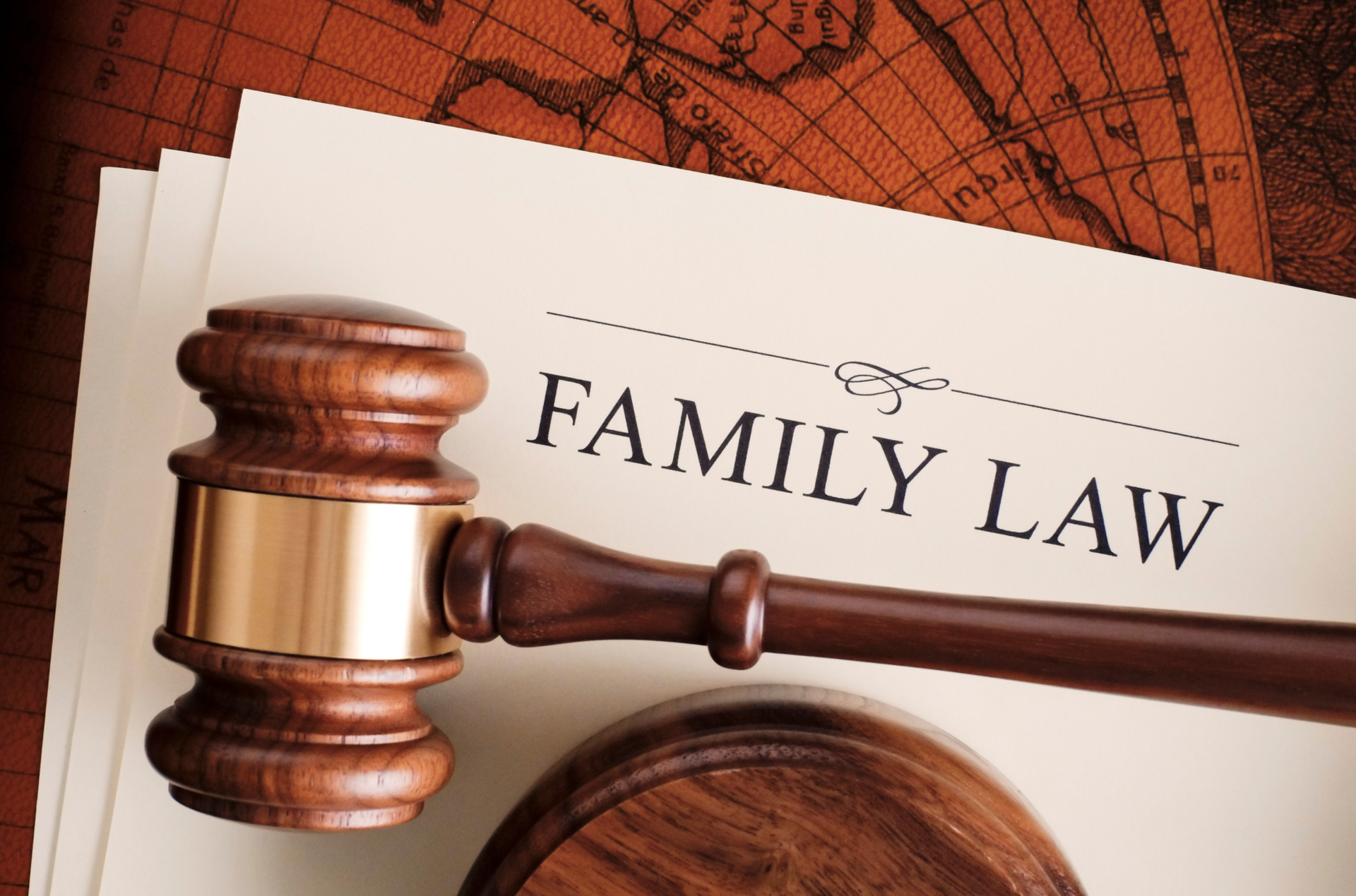I was adopted, how do I get a copy of my original birth certificate?
What is a Birth Certificate?
A birth certificate is an official government record used to verify the details of a person’s birth. It is used throughout life to prove the individual’s identity and citizenship.
An official birth certificate lists fact including the person’s full name, date of birth, gender and race. It is particularly important because it serves as a record of birth date and location. It also lists the names, ages, and birthplaces of the parents.
Standards for a birth certificate vary by state. Not all states will require all information.
For example, some states require the name of the attending physician or midwife, but not all do. Some information may be omitted from the initial copy of the birth certificate only to be included later. States maintain copies of birth certificates registered in their jurisdiction, including those produced after adoption.
When Are Birth Certificates Necessary?
Birth certificates are used for a wide range of tasks throughout childhood and adult life. For example, they are used for school registration as soon as the child is old enough. They are also used for other youth programs, such as sports programs.
The birth certificate is one of the most valuable records used to confirm a person’s status as a U.S. citizenship. It is also necessary in adoption and for marriage. Sometimes, it may be used to gain access to other personal records.
Despite all this, it is not unusual to lose birth certificates as time goes on. Likewise, adoptees do not always have access to their original birth records, as these are sealed after adoption is complete and their current birth certificate lists their adoptive parent(s) not their birth parents.
How Can an Adoptee Get Their Original Birth Certificate?
As newborns are delivered, birth certificates are completed by hospitals and then submitted to the state for archiving. Each state of the United States has its own procedure for requesting a copy of one’s birth certificate.
Requests for a birth certificate can be made by mail, online, or in person. However, if you were adopted and have sealed records, you may need to take extra steps to obtain your original birth certificate (i.e. with your biological parent(s) listed). In the past, records were safeguarded to avoid bringing public scrutiny onto parents.
For adoptees, in many states, the process looks like this:
1. Find Out If You Need a Court Order
About two dozen states, plus several territories and Washington DC, require adoptees to obtain a court order to receive a copy of their original birth certificate. This entails filling out an official petition and submitting it to the court.
2. Submit Petition and Attend Court Hearing
Once the petition is complete, it is reviewed by the court clerk, who usually sets a date for a court hearing. During this hearing, you have the opportunity to discuss your reasons for seeking your original birth certificate. Most judges, but not all, will expect an emergency situation or sufficient facts to ensure the privacy of the birth parents is protected if they requested anonymity at the time they made the adoption plan.
Medical needs are the most common reason judges grant requests for birth records after adoption, however, the court may order an intermediary reach out to the birth parents before disclosing their identities even in an emergency.
3. Obtain a Confidential Intermediary If Needed
In some jurisdictions, it may be necessary to obtain services of a confidential intermediary to access birth records even after you’ve been given access by a judge. In other cases, you will be given immediate and direct access to your records.
Compassionate help from an adoption law expert can make the process of obtaining your birth certificate faster and easier. We provide years of experience in all aspects of adoption legal counsel. They will guide you every step of the way to reach your goals.
To learn more or get started, contact us today.












